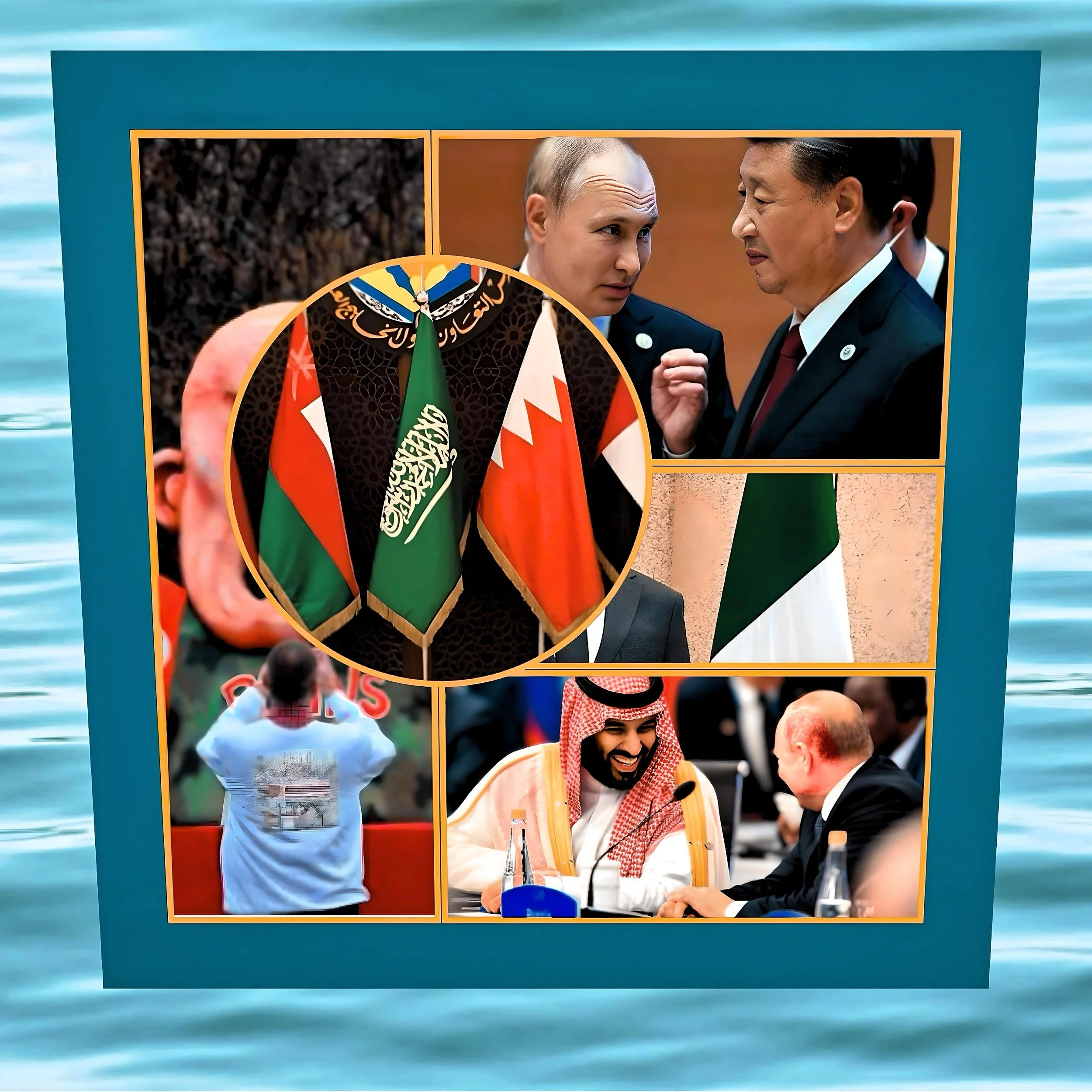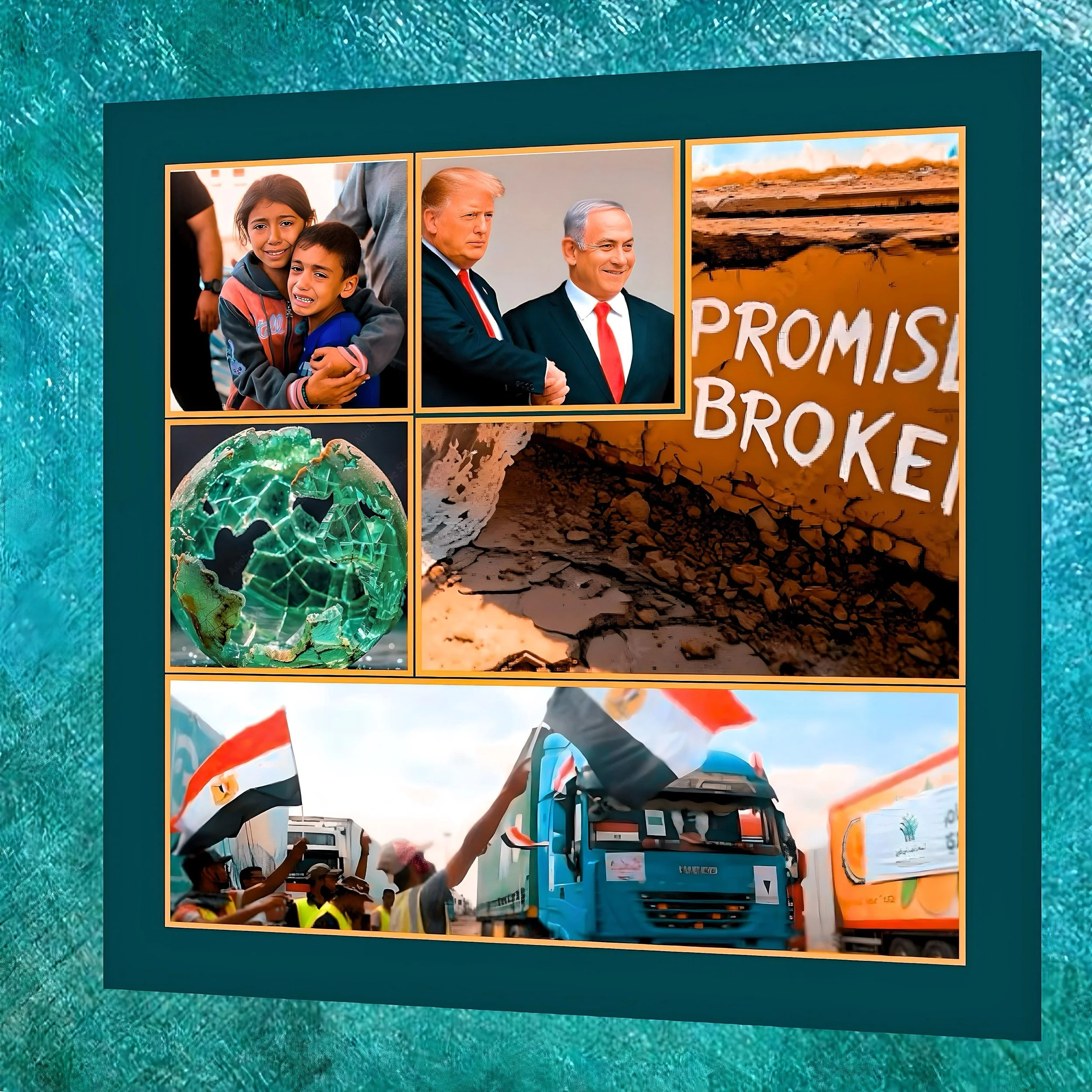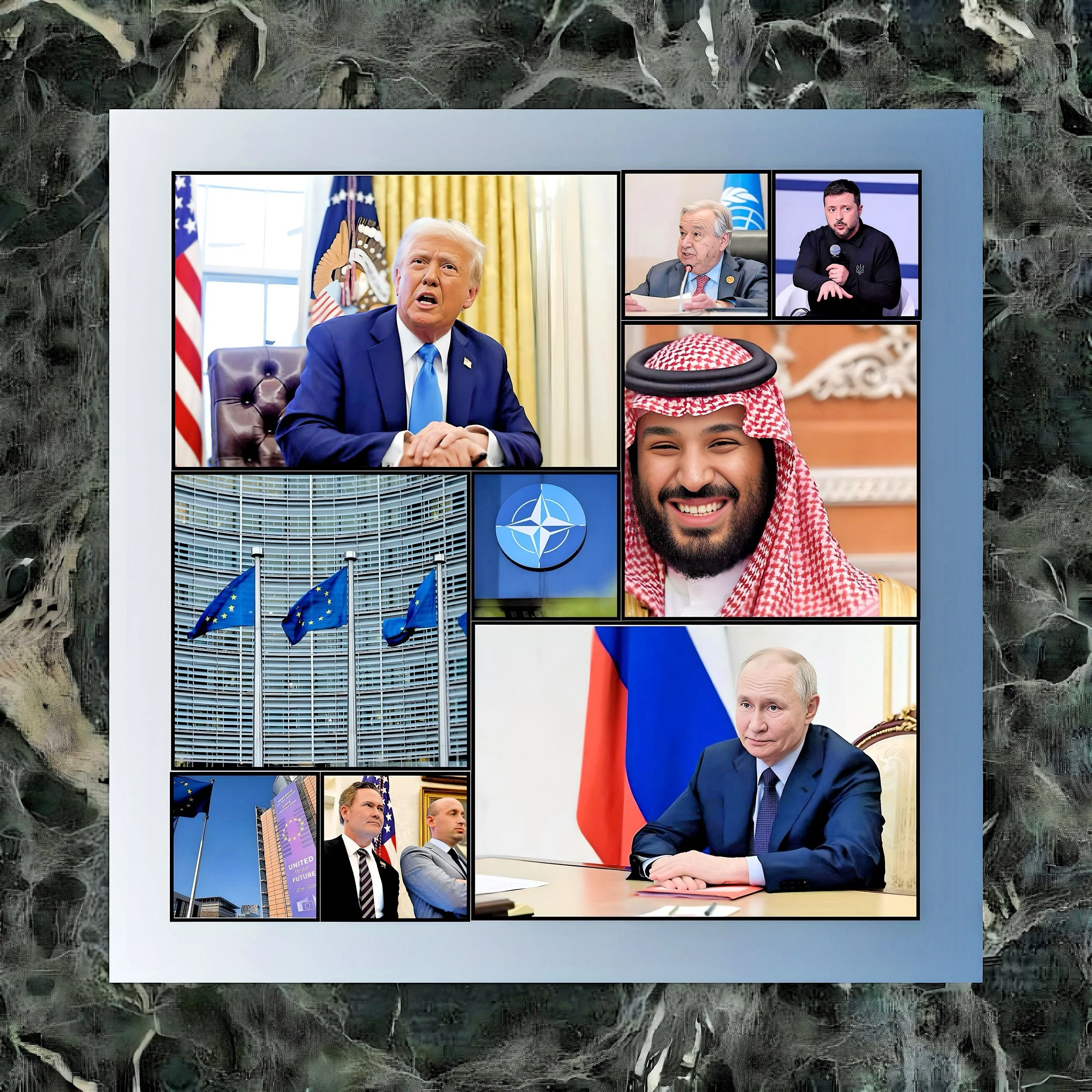The Middle East in a Shifting US-Russia Paradigm: Strategic Options for Regional Nations
Introduction
The evolving US-Russia relationship marks a pivotal shift in the Middle East’s geopolitical landscape. After decades of Cold War rivalry and post-9/11 tensions, the prospect of Washington viewing Moscow as a partner—or at least a neutral actor—presents challenges and opportunities for regional states.
This report analyzes the implications of this realignment. It outlines optimal strategies for Middle Eastern nations to navigate this new paradigm, drawing on recent diplomatic developments, regional hedging behaviors, and the growing autonomy of Gulf Cooperation Council (GCC) states.
Russia’s Strategic Posture in the Middle East
From Balancing to Opportunistic Engagement
Russia’s resurgence in the Middle East since its 2015 intervention in Syria has been characterized by pragmatic, transactional relationships rather than ideological alignment.
By maintaining ties with adversaries like Iran and Israel, Saudi Arabia and Qatar, and Türkiye and Kurdish groups, Moscow has positioned itself as a flexible power broker.
The formation of OPEC+ in 2016 with Saudi Arabia underscored Russia’s economic leverage, while its military coordination with Iran in Syria demonstrated its willingness to counter Western influence.
Russia’s strategy avoids long-term commitments, focusing instead on short-term gains such as arms sales, energy partnerships, and diplomatic clout.
The Ukraine War’s Regional Repercussions
The invasion of Ukraine accelerated Russia’s outreach to Middle Eastern states as it sought to circumvent Western sanctions. GCC countries, particularly the UAE and Saudi Arabia, became critical hubs for re-exporting goods to Russia, while Iran supplied drones and missiles, deepening military collaboration.
However, Russia’s reliance on Middle Eastern partners remains contingent on its global isolation; improved US-Russia ties could diminish Moscow’s regional leverage.
The US Pivot: From Containment to Conditional Partnership
Trump’s Realignment and Gulf State Calculus
The Trump administration’s overtures to Russia—exemplified by the February 2025 Riyadh talks—signal a potential détente centered on ending the Ukraine war and reviving economic ties.
For Gulf states, this shift introduces uncertainty. While Saudi Arabia and the UAE have leveraged their neutrality to mediate between Washington and Moscow, a US-Russia rapprochement could undermine their role as sanctions-busting intermediaries.
Conversely, reduced tensions might allow Gulf nations to diversify defense partnerships without alienating the US, given their entrenched security dependencies (e.g., Patriot missile systems).
Implications for Regional Conflicts
A US-Russia partnership could recalibrate approaches to Syria, Yemen, and Iran’s nuclear program. In Syria, Moscow’s military presence and Washington’s ambivalence toward Türkiye’s ambitions might lead to tacit acceptance of partitioned influence.
On Iran, Russia’s role as a mediator in nuclear talks—as seen in the 2015 Joint Comprehensive Plan of Action (JCPOA)—could resurface, though Tehran fears being sidelined in a broader US-Russian understanding.
Strategic Options for Middle Eastern Nations
Reinforce Hedging Strategies
GCC states have mastered hedging by engaging US and Russian interests while avoiding overreliance on either. Saudi Arabia’s “positive neutrality” policy, which balances oil coordination with Moscow via OPEC+ and security ties with Washington, exemplifies this approach.
To sustain this
Expand Economic Diversification
Accelerate Vision 2030-style reforms to reduce oil dependency, minimizing vulnerability to US-Russia energy market manipulations.
Leverage Mediation Roles
Using Saudi and UAE diplomatic capital to host US-Russian negotiations, as seen in the 2025 Riyadh talks, enhances regional influence.
Strengthen Regional Alliances
The GCC’s fragmented response to Russia’s Ukraine invasion—with Qatar and Kuwait condemning Moscow while Saudi Arabia and the UAE maintained neutrality—highlighted internal divisions.
A cohesive GCC stance, possibly through revitalized Arab League frameworks, would amplify bargaining power in US-Russia dialogues.
Mitigate the Iranian Threat via Multilateralism
Iran’s entrenchment in Syria and ties with Russia necessitate a collective security framework.
Building on the 2022 Negev Forum, regional states could push for a Gulf-led security initiative involving Russia as a counterweight to Iran’s proxies, contingent on Moscow curbing weapon transfers to Tehran.
Exploit US-Russia Competition in Technology and Defense
While the US dominates advanced defense systems (e.g., THAAD), Russia offers cost-effective arms and cyber capabilities. Nations like Egypt and Algeria can diversify imports but must avoid triggering CAATSA sanctions. Simultaneously, UAE-Saudi investments in AI and renewables could attract US tech firms, offsetting Russian offerings in nuclear energy.
Prepare for Contingencies in Syria and Libya
A US-Russia détente might freeze conflict zones rather than resolve them. Middle Eastern states should:
Condition Reconstruction Aid
Tie funding for Syria and Libya to political reforms, ensuring neither becomes a Russian or Iranian satellite.
Support Local Governance Models
Promote decentralized administrations in Kurdish regions and Cyrenaica to counterbalance Türkiye’s and Russia’s militarized approaches.
Conclusion
Navigating a Multipolar Order
The Middle East’s best path lies in strategic autonomy, leveraging US-Russia competition without becoming ensnared in their agendas. Saudi Arabia’s neutrality model, combined with GCC economic diversification and Arab League cohesion, offers a blueprint.
However, success hinges on resolving intra-regional rivalries (e.g., Qatar-UAE tensions) and preempting external shocks like a US-Iran deal brokered by Moscow. As the 2025 Riyadh talks demonstrated, Middle Eastern nations that balance pragmatism with principled diplomacy will shape—rather than be shaped by—the new great power paradigm.
Key Recommendations
Institutionalize GCC mediation roles through permanent diplomatic forums.
Fast-track renewable energy projects to reduce oil-revenue dependency.
Establish a regional security dialogue, including Iran, moderated by Russia and the US.
Condition post-conflict aid in Syria and Yemen on democratic reforms and disarmament.
By adopting these measures, Middle Eastern states can transform geopolitical uncertainty into an opportunity for renewed influence in a multipolar world.






